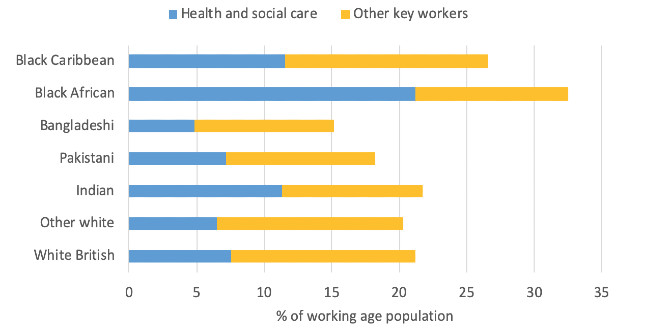Labour is back as the people’s party. At least that’s the message from shadow Energy Secretary and Labour leader candidate Ed Miliband, who visited the LSE Student’s Union, along with Professor Jane Wills of Queen Mary University of London, last Friday morning to support the London Citizen’s campaign for living wages in the capital. Chris Gilson and Avery Hancock report on the discussion.
So what exactly is a living wage and what does it mean for London’s low-paid workers? According to the Greater London Authority, who set the (voluntary) London Living Wage (LLW), a living wage is one that ‘that achieves an adequate level of warmth and shelter, a healthy palatable diet, social integration and avoidance of chronic stress for earners and their dependents.’ The current figure stands at £7.60 per hour, £1.87 above the national minimum wage. Living wages can be more attractive than minimum wages for several reasons:
- While the minimum wage is set at what the level that markets is thought to bear, the living wage is calculated on the basis of what is needed to put food on the table – it acknowledges the humanity of workers, rather than considering them to be solely ‘economic’ units. Workers are acknowledged to have families and dependants to support.
- The demand for a living wage can be taken to the ‘real employers’ at the top of contracting chains. It allows workers and their allies to enforce accountability and responsibility for working conditions.
- It makes good business sense by lowering staff turnover, increasing worker productivity and morale, and even making workers healthier.
The campaign for a living wage began in 2001 with public meetings in East London, and by April 2006, Queen Mary, University of London, was declared to be the first living wage campus in the UK, and this was later followed by the LSE. Between 2005 and 2009, more than 6,000 employees in over 42 organisations gained a monetary benefit of over £38 million from gaining a living wage. There is still a long way to go however – in London, the living wage campaign is only just starting to make progress amongst Local Authorities, in hospitality and retailing. Many thousands of London’s workers are still earning less than the living wage.
For Ed Miliband, abolishing ‘poverty wages’ is about justice and tackling inequality, which means going beyond the legal obligations of the minimum wage and demonstrating ‘what kind of society we want to be.’ “It offends our sense of fairness”, he said, “that CEOs earn hundreds of thousands of pounds while the cleaners and security guards they employ struggle to make ends meet on the minimum wage. Government must also get its house in order”. The Labour Party’s campaign manifesto promised to pay living wages to the lowest-paid staff across Whitehall (something they didn’t have time to get around to in 13 years in government, it seems) and the party will continue to press local government authorities to get on board. Milliband promises to make the living wage issue central to every step of his leadership campaign and says he won’t be put off by those who say that now, with the recession and the massive deficit, it is not the right time to raise wages.
Miliband said that taking on the living wage campaign is exactly the sort of thing Labour needs to get back into power, building on the election success of keeping the Conservatives from an outright majority (admittedly a low benchmark for success by any standards). He even quoted from Robert Kennedy’s famous ‘ripples of hope’ speech. But being in opposition could really give Labour the opportunity to create a broad, popular movement and rebuild a mandate from the grassroots up.
For further information on the living wage please see Queen Mary’s Living Wage resource page, London Citizens UK’s Living Wage campaign, and the Citizens UK blog post of the event. Photos of the event are available here.








